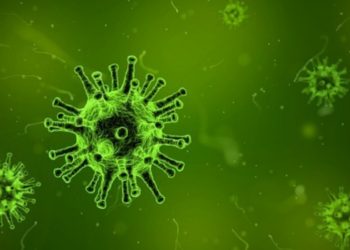BioCryst Pharmaceuticals, Inc., (NASDAQ:BCRX) today announced that it has completed enrollment in OPuS-2 (Oral ProphylaxiS-2), a blinded, randomized, placebo-controlled clinical trial of orally-administered avoralstat in patients with hereditary angioedema (HAE).
OPuS-2 is a 12-week, three-arm, parallel cohort trial designed to evaluate the efficacy and safety of two doses of avoralstat, 300 mg and 500 mg, administered three-times daily compared with placebo. This trial is being conducted in the U.S., Canada and Europe. The primary efficacy endpoint for the trial is the mean angioedema attack rate, which will be reported for each avoralstat dose group compared to placebo.
Final patient visits will occur in January 2016; therefore, BioCryst expects to report OPuS-2 results in early 2016. The results of this trial will be provided for regulatory discussions intended to determine the scope of any additional information that may be required for completion of avoralstat registration.
BioCryst has been corresponding with regulatory agencies regarding deferral of a two-year rat carcinogenicity study for avoralstat. The results from this type of study are normally required to be available at the time of submission for approval. Currently, BioCryst has agreement with the European Medicines Agency (EMA) regarding its request to defer submission of results as a post-filing commitment.
Agreement has not been reached with the U.S. Food and Drug Administration (FDA) regarding a deferral at this time. At the end-of-Phase 2 meeting following the completion of OPuS-2, BioCryst will engage in further dialogue with the FDA to discuss deferral, in the context of all available toxicology and clinical data. We plan to initiate a rat carcinogenicity study in early 2016. Without a deferral, our NDA filing would occur in 2018.
Discovered by BioCryst, avoralstat is a novel, selective inhibitor of plasma kallikrein in development for prevention of attacks in patients with HAE. By inhibiting plasma kallikrein, avoralstat suppresses bradykinin production. Bradykinin is the mediator of acute swelling attacks in HAE patients.
About Hereditary Angioedema
HAE is a rare, severely debilitating and potentially fatal genetic condition that occurs in about 1 in 10,000 to 1 in 50,000 people. HAE symptoms include recurrent episodes of edema in various locations, including the hands, feet, face, genitalia and airway. In addition, patients often have bouts of excruciating abdominal pain, nausea and vomiting that are caused by swelling in the intestinal wall. Airway swelling is particularly dangerous and can lead to death by asphyxiation.
About BioCryst Pharmaceuticals
BioCryst Pharmaceuticals designs, optimizes and develops novel small molecule drugs that block key enzymes involved in rare diseases. BioCryst’s ongoing development programs include oral plasma kallikrein inhibitors for hereditary angioedema; avoralstat, BCX7353 and other second generation compounds, and BCX4430, a broad spectrum viral RNA polymerase inhibitor.

















